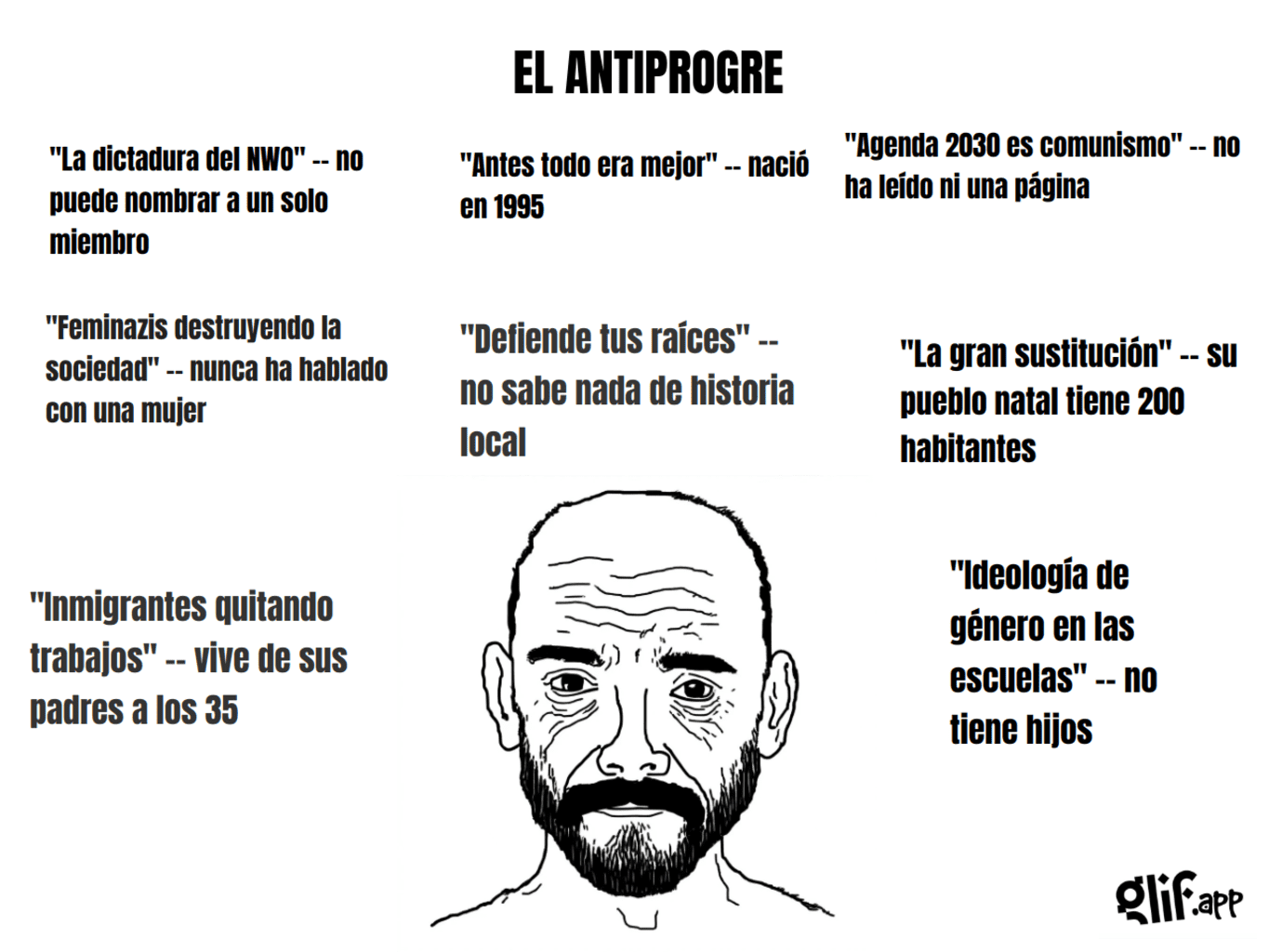9
9
11
7
14
13
Venezuela: While US Politicians Call Fraud, American Election Observers Endorse Results
(www.mintpressnews.com)
15
11
16
13
17
6
18
23
20
10
21
5
22
5
23
2
view more: next ›
América Latina
225 readers
3 users here now
Hub for news/discussion on all of Latin America and the Caribbean.
Centro de noticias/discusión sobre todo Latino America y el Caribe.
founded 4 years ago
MODERATORS
